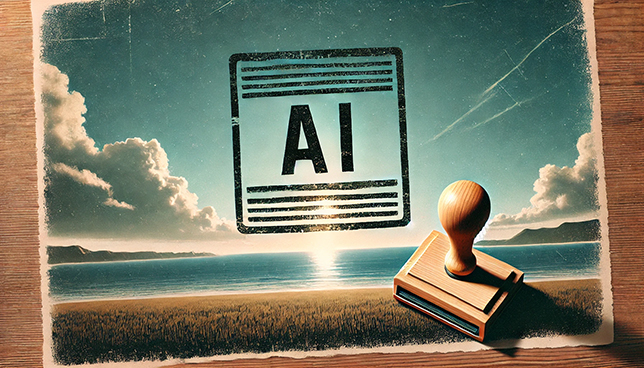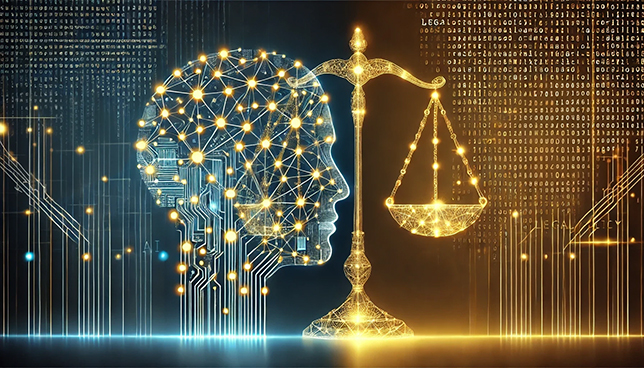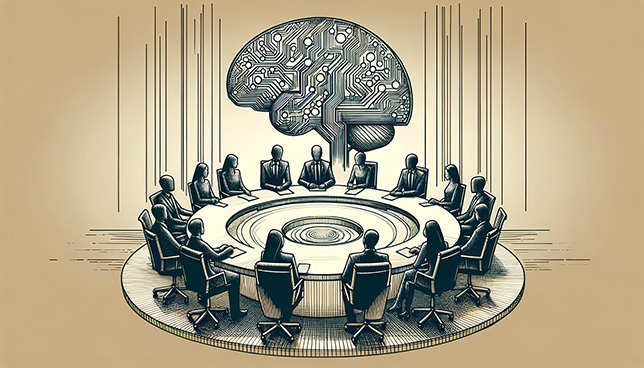
OpenAI, creator of ChatGPT, is backing a California bill that would require tech companies to label AI-generated content in the form of a digital "watermark." The proposed legislation, known as the "California Digital Content Provenance Standards" (AB 3211), aims to ensure transparency in digital media by identifying content created through artificial intelligence. This requirement would apply to a broad range of AI-generated material, from harmless memes to deepfakes that could be used to spread misinformation about political candidates.

California’s Senate Bill 1047 (SB 1047), the "Safe and Secure Innovation for Frontier Artificial Intelligence Models Act" has cleared the Assembly Appropriations Committee with some significant amendments.
Effective this fall, the United States government is banning all sales of Kaspersky Lab software to businesses and private citizens due to concerns about cyber espionage.
The U.S. Department of State has published a comprehensive cybersecurity framework aimed at international cooperation when targeting cybercriminals and strengthening defenses.
The National Institute of Standards and Technology is moving toward establishing a more standardized national approach to AI safety.

The U.S. Department of Education (ED) has announced a new Government Coordinating Council (GCC) for the Education Facilities Subsector whose aim is to increase cybersecurity protection for K–12 schools.

Nonprofit educational organization Michigan Virtual (MV) is one of 13 organizations statewide that have partnered to release a new "Sample Guidance on Staff Use of Generative AI for K–12 School Districts" document.

In January, the U.S. Department of Education (ED)'s Office of Educational Technology released its annual 2024 "National Education Technology Plan (NETP): A Call to Action for Closing the Digital Access, Design and Use Divides."

The Southern Regional Education Board (SREB) has announced the establishment of the Commission on Artificial Intelligence and Education, convening "leaders in education and business to chart a course for how AI is used in classrooms and how to prepare a workforce that is being transformed by technology."

Technology can streamline monitoring, inform outcomes, and ultimately help states and districts better serve students with disabilities.